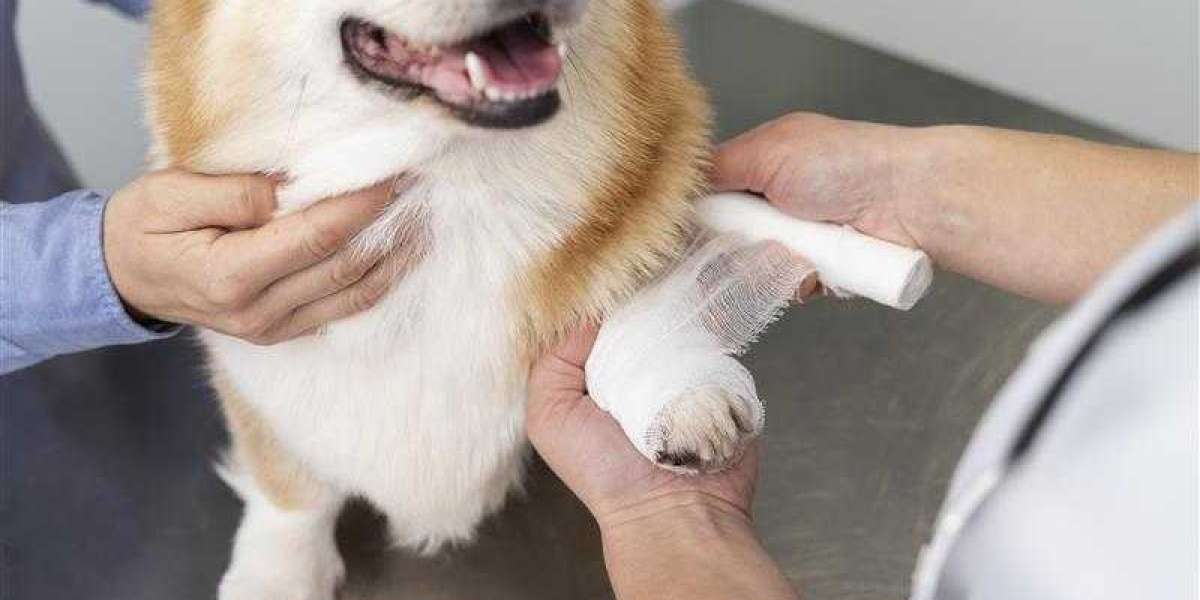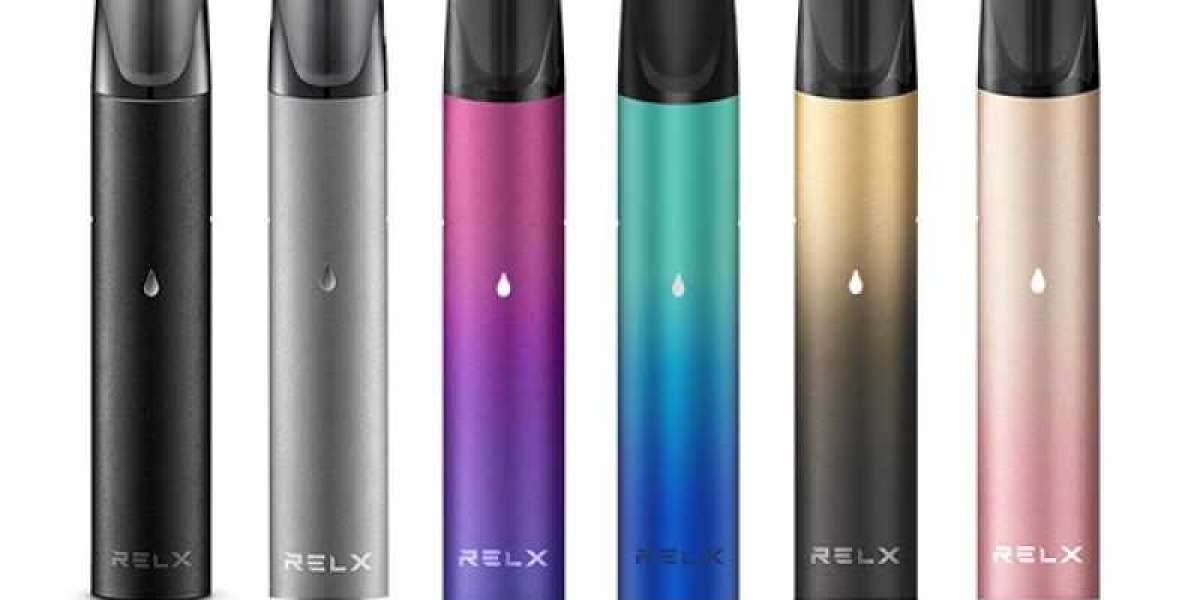In this blog, we’ll explore why emergency pet care during holidays and weekends matters, how to prepare for potential pet emergencies, and what steps you should take if your pet experiences a health crisis during these times.
Why After-Hours Pet Care is Essential During Holidays and Weekends
Pets don’t follow a 9-5 schedule, and neither do health emergencies. Whether it’s the festive holiday season or a long weekend, accidents, injuries, and health crises don’t wait until Monday morning. Here’s why after-hours care is vital during these times:
- Accidents Happen More During Holidays and Weekends
With more people at home and increased activity, pets are often at higher risk of accidents during holidays and weekends. From food poisoning to sudden injuries, pets can easily find themselves in danger. Many common holiday activities—such as baking, decorating, or hosting gatherings—can lead to potential hazards for your pet. If your pet suffers an injury, fracture, or poisoning, getting them to an after-hours pet clinic is essential for quick treatment. - Pets May Encounter Holiday-Specific Dangers
The holidays bring unique risks for pets. Common holiday dangers include chocolate, alcohol, Christmas tree water, toxic plants (like poinsettias and mistletoe), and decorations with small parts that can be swallowed. These items pose serious health threats to pets, and in some cases, they require immediate medical attention. Knowing that after-hours care is available helps pet owners act fast when accidents occur. - Weekend Emergencies Can’t Wait
Pets don’t always save their health problems for weekdays. If your pet gets sick or injured on a Friday night or during the weekend, waiting until Monday to see the vet could lead to worse outcomes. Weekend pet emergencies can range from gastrointestinal problems to breathing difficulties or sudden trauma. If left untreated, these conditions can worsen quickly, making it even more critical to have access to care when your regular vet is unavailable. - Pets in Pain Need Immediate Attention
Whether it’s from an injury or a sudden illness, pain can be unbearable for pets. When pets are in severe pain, it’s important to get them seen by a vet as soon as possible. After-hours care ensures your pet doesn’t have to suffer through the weekend or holiday without proper treatment. Prompt attention can provide relief and help prevent more serious complications.
How to Prepare for Pet Emergencies During Holidays and Weekends
Preparation is key to handling holiday and weekend pet emergencies effectively. Here are a few tips to ensure you’re ready in case of an emergency:
- Know Your Emergency Vet’s Contact Information
Before the holidays or weekend arrives, ensure you have the contact information for your local after-hours pet clinic. Save the phone number of the emergency vet in your phone and make a note of their location and hours. Being prepared means you won’t waste precious time looking up information when your pet needs immediate care. - Keep Common Holiday Hazards Out of Reach
Prevent holiday-related pet emergencies by keeping harmful foods, decorations, and plants out of your pet’s reach. Chocolate, alcohol, candy, and certain plants like mistletoe and poinsettias are toxic to pets and can be a real danger during festive seasons. By being proactive, you can avoid many potential emergencies. - Create an Emergency Kit
Having an emergency kit with basic first-aid supplies, such as gauze, bandages, antiseptic wipes, and a digital thermometer, can help stabilize your pet until you can get to the clinic. It’s a good idea to have these items readily available, especially during times when you’re more likely to have family gatherings or outings. - Keep Your Pet’s Health Records Accessible
Having your pet’s medical history available, including vaccination records, any current medications, and known allergies, will help the vet provide the best possible care during an emergency. Store these records digitally or in a physical folder so you can quickly access them if needed. - Monitor Your Pet’s Behavior and Health
Holiday excitement can sometimes lead to pets overexerting themselves, especially if they’re surrounded by kids or other animals. Keep an eye on your pet for any signs of distress, especially if they’re acting differently than usual. Whether it’s changes in appetite, unusual lethargy, or signs of digestive upset, early detection can help avoid a larger emergency.
What to Do in a Pet Emergency During After-Hours
If an emergency strikes during a holiday or weekend, it’s important to stay calm and act quickly. Here are the steps to take if your pet needs urgent care:
- Assess the Situation
Take a moment to assess the severity of the situation. Is your pet in pain? Are they having trouble breathing, bleeding, or vomiting? The quicker you evaluate the symptoms, the quicker you can decide whether to head to an emergency clinic. - Contact the Emergency Vet
Call your after-hours emergency vet clinic immediately. If your clinic offers 24/7 services, they can guide you through initial steps to take before bringing your pet in. Don’t wait for symptoms to get worse—getting advice early can save time and ensure the correct treatment. - Transport Your Pet Safely
When transporting a sick or injured pet, be as gentle as possible. Use a blanket or stretcher if they can’t walk or move on their own. Keep your pet calm and avoid unnecessary movements to prevent further injury or distress. - Provide Information to the Vet
When you arrive at the clinic, provide the vet with details about what happened. Be prepared to describe your pet’s symptoms, the timeline of events, and any recent injuries, illnesses, or medications. This will help the vet assess the situation quickly.
Conclusion
Holidays and weekends may be a time of joy and relaxation for pet owners, but they can also bring unexpected emergencies. After-hours care for pets is an essential service, ensuring that pets get the immediate attention they need during times when regular clinics are closed. Whether it’s an accident, illness, or poisoning, acting quickly is the key to providing the best possible outcome for your pet.
North MS Pet Emergency is here to provide expert emergency pet care when you need it most—during those off-hours when your regular vet is unavailable. Our team is ready to handle any emergency situation with compassion and professionalism, ensuring your pet receives the best care possible.
Contact Us Now for immediate care, or visit us for after-hours emergency care for your pet.








